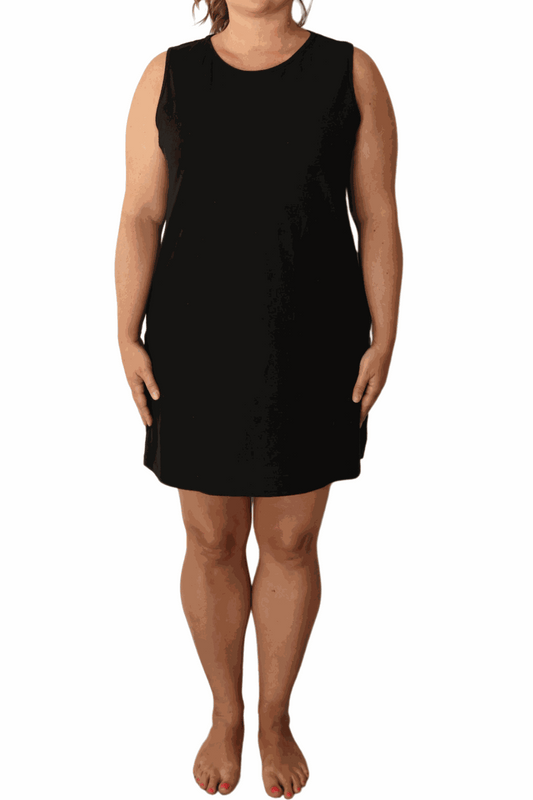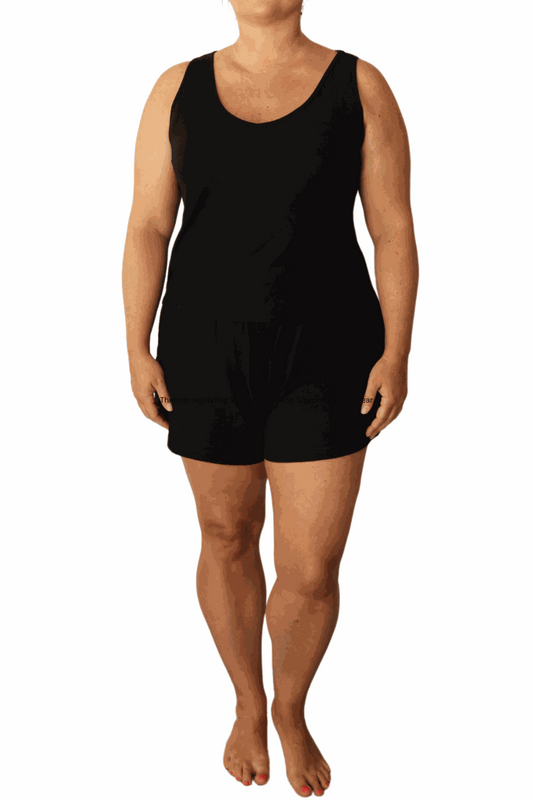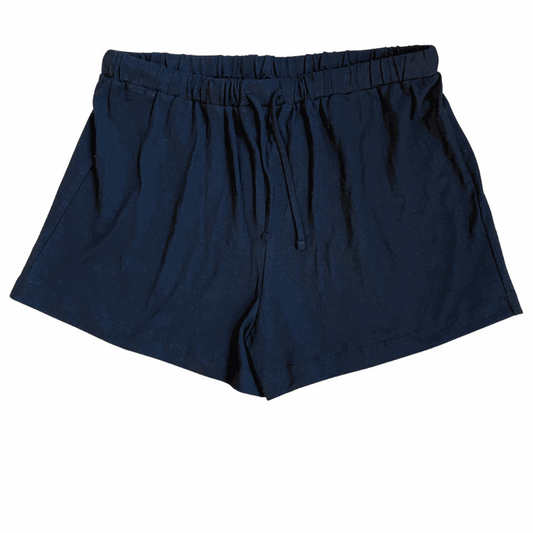
10 Reasons You're Waking Up Soaked
Share
Are you waking up completely soaked in the morning – or even in the middle of the night? Do you have to change your sleepwear, or worse, your bedding because it feels like you’ve been sleeping in a sauna?
Here are some of the reasons you might have night sweats:
- You ate spicy food for dinner
- You ate a heavy meal high in fat and red meat for dinner
- You’re a smoker
- You drank alcohol within 3 hours of going to bed
- You had caffeine before bed (chocolate, coffee, tea…)
- You haven’t drunk enough water to stay hydrated
- You exercised right before bed
- You drank a hot, soothing beverage before bed
- Your room temperature is too warm
- Your sheets and sleepwear aren’t breathable, moisture-wicking and temperature-regulating
Yeah, I know, it sucks, right? Remember the days when you could do, eat, or drink just about anything, then fall into bed, and sleep uninterrupted until morning? But now, you wake up constantly, flipping your covers off as you burst into flames and sweat at the same time.
Congratulations, you’ve reached that special time in your life when your body has a mind of its own.
For the most part, night sweats are a symptom of menopause. There are other causes such as thyroid problems, side effects from certain medications, cancer and cancer treatments – but for the vast majority of women, night sweats are due to changing balances of hormones.*
“Night sweats are hot flashes’ evil twin”
Night sweats are hot flashes’ evil twin. Sure, it’s the same mechanism, but because you’re asleep, the effects can be ten times worse. You are either constantly waking up to flip your covers off, or you are sleeping through them, sweating like crazy, and then waking up soaked – your sleepwear and/or sheets. Neither option is desirable.
Night sweats and hot flashes are caused when there is an imbalance between estrogen and progesterone as they decrease in concentration as we age. If those two hormones decrease together, usually women won’t tend to have night sweats or hot flashes, and all I can say is, “lucky!” Approximately 75% of all women get some form of hot flash (day or night).
The good news is that night sweats don’t last forever. The bad news is, they can last long enough to compound any sleep issues (such as insomnia), that you might also be dealing with. On their own, night sweats, if chronic, can lead to sleep deprivation.
Surprisingly, night sweats can be controlled through a shift in diet, lifestyle, exercise and sleep hygiene habits. We have created a night sweats journal to help you track your activities, diet and beverage consumption so you can identify what’s causing your night sweats. Everyone has different triggers.
Here are some tips on what you can do to lessen the effects of night sweats.
Adjust your diet and quit smoking
Avoid spicy foods, alcohol, caffeine, within three hours of going to bed. Quit smoking….for so many reasons. It’s hard, so don’t do it alone. Get the help you need.
Stay hydrated
It’s important to stay hydrated throughout the day. Gulping a litre of water right before bed will only keep you up all night going to the bathroom. Set a timer if necessary to remind yourself to drink a small amount of water frequently.
Exercise is beneficial but…
No later than three hours before bed. There always seem to be caveats to the things we do, don’t there? DO exercise, but DON’T exercise too close to bed.
Sleep in a cool room
Although difficult in the summer, with fall approaching in the Northern hemisphere, relief should be on the way. Ideally, experts advise your room’s temperature to be around 18C or below. My comfort level is around 15C (my husband isn’t particularly happy with this, but it’s better than the constant cover-flipping!).
Materials matter
You want to sleep in breathable sheets so the heat has somewhere to go. Surprisingly, high thread-count cotton sheets aren’t great for night sweats because they trap the heat and moisture in. The closer together the fibres are, the less room the heat has to escape. And, cotton loves water, so the moisture stays next to you. Ideally, 250-300 thread count, high quality, Supima or ELS cotton is best for durability and comfort.
Regarding your sleepwear, the most effective fabrics are hemp, linen, lyocell and bamboo linen and bamboo/lyocell. Of course, we’re partial to our own sleepwear which moderates heat and moisture, so you sleep better.
Hormone Replacement Therapy
The advancements in Hormone Replacement Therapy (HRT) mean that more women are able to take it, and it is more effective. HRT is not for everyone, and many will choose not to take it even if it is safe for them. However, for many who use it, it can be life-changing. While it will relieve many of your menopause-related issues, it may not make them disappear altogether. Some of our clients are on HRT and still get night sweats. Our nightgown gives them the final key to a good night’s sleep.
Sleep better tonight
Waking up soaked is no fun. The good news is, you have more control over it than you might think. Now that you know some of the things that can trigger night sweats, you can take action to get them to lessen. Try tracking then altering your lifestyle and routine over the next 3 to 6 weeks and see if you notice any difference in your sleep. I hope you will see positive results.
*Disclaimer: We are not a medical journal and the advice given here is for women who know that their night sweats are related to a stage of menopause. Night sweats should not be ignored. If you are concerned that they are a symptom of another issue such as thyroid problems or cancer, go and see your doctor and get it checked out.




